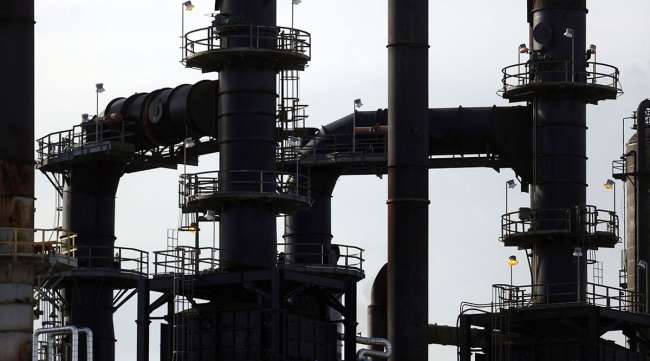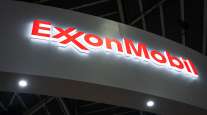Exxon, Saudis Bet on Plastic, Chemicals With Coastal Texas Plant

[Stay on top of transportation news: Get TTNews in your inbox.]
Exxon Mobil Corp. and Saudi Arabia’s state-controlled petrochemicals company formally approved construction of a chemical complex in Texas that will process production from the Permian Basin’s booming oil and natural gas wells.
The project near Corpus Christi will be the world’s largest steam cracker and create $50 billion of “economic output” in the first six years, Exxon and Saudi Basic Industries Corp., known as Sabic, said in a joint statement June 13. The facility will convert hydrocarbons such as ethane and propane to ethylene, a chemical used to make products from plastics to antifreeze.
It marks the latest in several chemical and refining plants set for the Gulf Coast, gaining from ultracheap production from the Permian, the world’s largest shale basin. As explorers boost oil output, associated supplies of gas and liquid byproducts provide some of the cheapest chemical feedstocks in the world.
Situated “on the doorstep of rapidly growing Permian production gives this project significant scale and feedstock advantages,” Exxon CEO Darren Woods said in the statement.
Industry executives have been lauding chemicals as an emerging driver of global oil and gas markets. Earlier this week, BP Chief Economist Spencer Dale predicted petrochemicals will dominate energy demand growth for the next two decades.
Plastics and chemicals are seen as increasingly vital to Big Oil’s future given uncertainty over crude demand and the push toward electric vehicles and cleaner energy sources. But some of the world’s most-advanced economies are increasingly clamping down on single-use plastics such as shopping bags and straws.
That hasn’t scared off Exxon. This year alone, the oil giant approved major expansions to its giant Baytown petrochemical complex and Beaumont refinery in Texas as well as a plastics unit in Louisiana. Woods, former head of the company’s downstream division, sees the plants as essential to making money all the way from the wellhead to the final products. The business also acts as a natural hedge against commodity-price swings.
For Sabic, 70% owned by the Saudi Arabian government, it’s the first joint venture with Exxon outside its home country and first big project along the Gulf Coast. Other companies such as Sasol Ltd. and Cheniere Energy Inc. are taking advantage of booming production from the Permian and nearby Eagle Ford shale, building chemical and gas-export plants, respectively.



